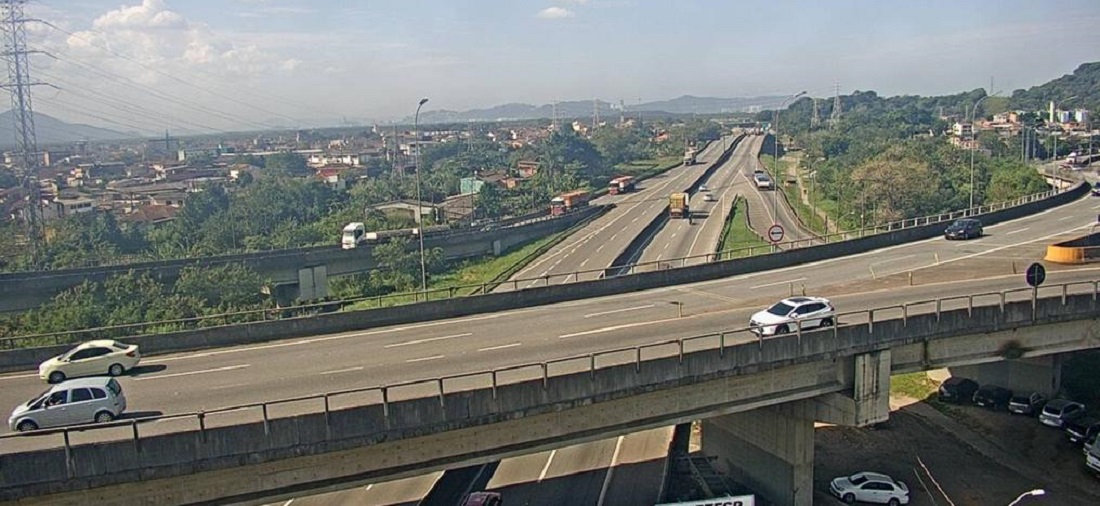
High logistical costs weigh down Brazil’s grain market
May, 19, 2023 Posted by Gabriel MalheirosWeek 202323
Brazil faces numerous logistical challenges, with infrastructure limitations in roads, ports, railways, and waterways, leading to adverse effects on various sectors, including agribusiness.
Reports indicate that agricultural producers have suffered production losses due to setbacks caused by these structural issues.
According to João Ferreira Netto, the coordinator of the Center for Innovation in Logistics and Port Infrastructure at the University of São Paulo (CILIP/USP), the country’s transportation system suffers from a significant imbalance, with approximately 60% of cargo being transported by highways.
“This long-standing reality has not changed in the last 50 years, as there has been insufficient incentive for alternative modes of transportation, such as railways and waterways, which offer greater economies of scale. As a result, a significant portion of goods continues to be transported via highways, which are not the most suitable option, especially for the agribusiness sector,” he explains.
The Impact on Costs and Consumers
Netto, who views logistics as Brazil’s “Achilles heel,” highlights that transportation issues lead to costs up to 40% higher for the final consumer. Despite geographic similarities with the United States, Brazil’s foundations face systemic challenges.
“Despite Brazil’s more efficient agricultural production systems and advanced technology compared to North American production centers, we have lost competitiveness in the grains market due to logistical costs,” he explains.
“The logistics cost in Brazil is approximately eight to nine times higher than in the United States. Therefore, despite having a lot to offer regarding sustainability and productivity, our structural problems significantly impact Brazilian competitiveness.”
Logistical Disparities
The University of São Paulo professor emphasizes the difference in logistics operations between Brazil and the United States, particularly regarding waterways and highways. The US Mississippi waterway, for example, operates efficiently with locks, providing a competitive advantage for US grains.
“In the US, a convoy of barges with a capacity of 18,000 to 20,000 tonnes can transport as much cargo as 500 to 100 trucks. This highlights the efficiency of their system. In contrast, in Brazil, research by Esalq/USP reveals that logistical costs, including road and port expenses, account for 30% to 40% of the total soybean cost,” he explains.
“Some studies even suggest that logistical costs for soybeans are six times higher than production costs. For instance, if a bag costs $100, the transportation of that bag amounts to $600, resulting in a significant impact,” he adds.
Source: Money Times
To read the original report, please visit: https://www.moneytimes.com.br/logistica-o-calcanhar-de-aquiles-do-brasil-que-eleva-gastos-do-consumidor-em-40/
-
Grains
May, 08, 2020
0
China temporarily accepting electronic signatures of phytosanitary certificates for Brazilian agribusiness exports
-
Ports and Terminals
Aug, 24, 2023
0
Wilson Sons reports 57% surge in pork exports at Tecon Rio Grande
-
Trade Regulations
Jan, 29, 2025
0
Opening of Agricultural Markets in the United States
-
Grains
Nov, 14, 2022
0
Brazil expands agricultural storage capacity by 3%

